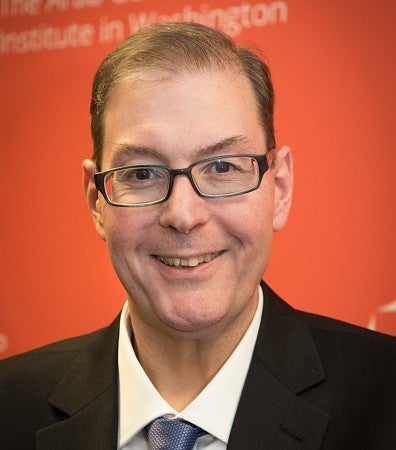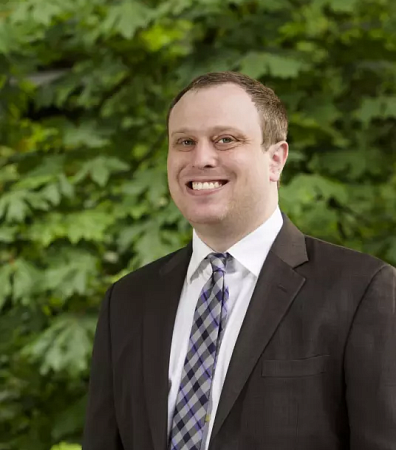Event Details:
- Date: Thursday, May 23, 2024
- Time: 9:00-10:30 a.m. (optional breakfast at 8:30 a.m.)
- Location: Lokey Education Building 276
- Audience: All UO student-serving staff (faculty, GEs, Advisors); Capacity is limited to those who register
As educators, we care deeply about our students. The ongoing violence in the Middle East impacts members of our community in different ways, as do the long, complex histories surrounding antisemitism and Islamophobia. Many students are striving to articulate and act on their values, and to name the contexts and histories that feel meaningful. But many of us—educators and students alike—also have gaps in our understanding of multiple contexts of struggle and survival, and of the plurality of meanings in the language we use to speak about it all.
During this discussion, Hussein Ibish and David Schraub will share information to help us develop a more critical understanding of the forms antisemitism and Islamophobia typically take, including in our courses and on our campuses, and the impacts they have on students. We’ll have an opportunity to reflect on how our own histories shape our understanding of/reaction to antisemitic and Islamophobic statements and how we can stay grounded in empathy for students as they learn and act in a context that is fraught and contested. We’ll discuss promising practices for reducing antisemitism or Islamophobia and pre-plan least one way to address them in our own class contexts. We hope this event can help us better enact shared principles drafted by our colleagues, including that “We are best served by teaching complexity, by helping students understand the multiplicity of contexts and perspectives, and by modeling how to hold complexity with curiosity and empathy”
Do you have questions you’d like the speakers to address and/or accessibility needs? Let us know in our Qualtrics survey or by contacting tep@uoregon.edu.
This event is brought to you by the Division of Global Engagement and the Teaching Engagement Program.
Featured Speakers:

Ibish previously served as a senior fellow at the American Task Force on Palestine and executive director of the Foundation for Arab-American Leadership. He has a PhD in Comparative Literature from the University of Massachusetts, Amherst.

